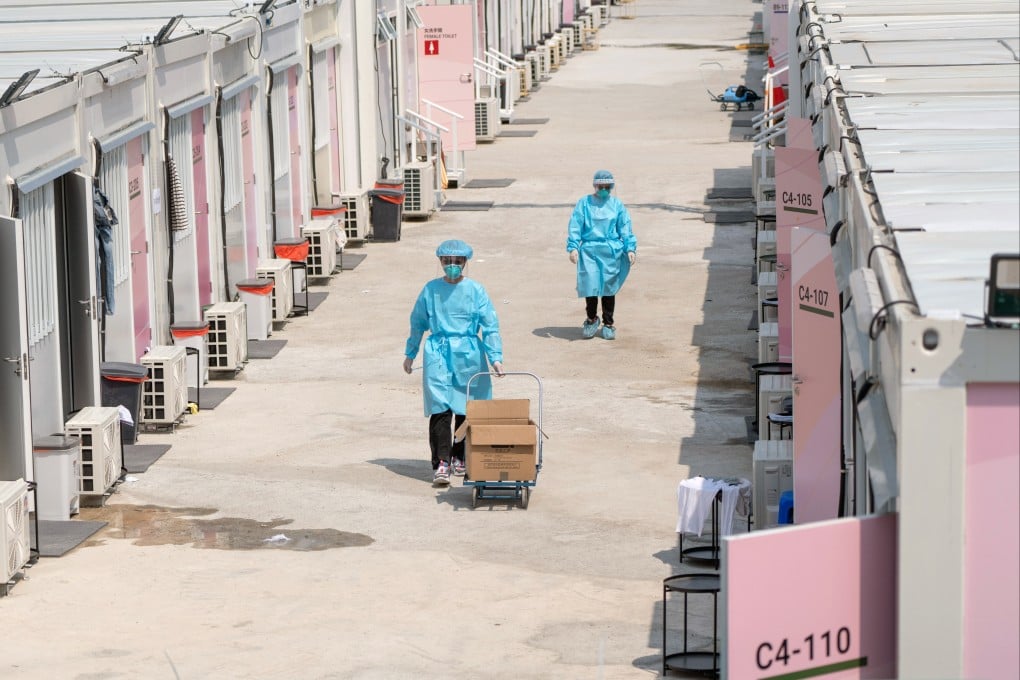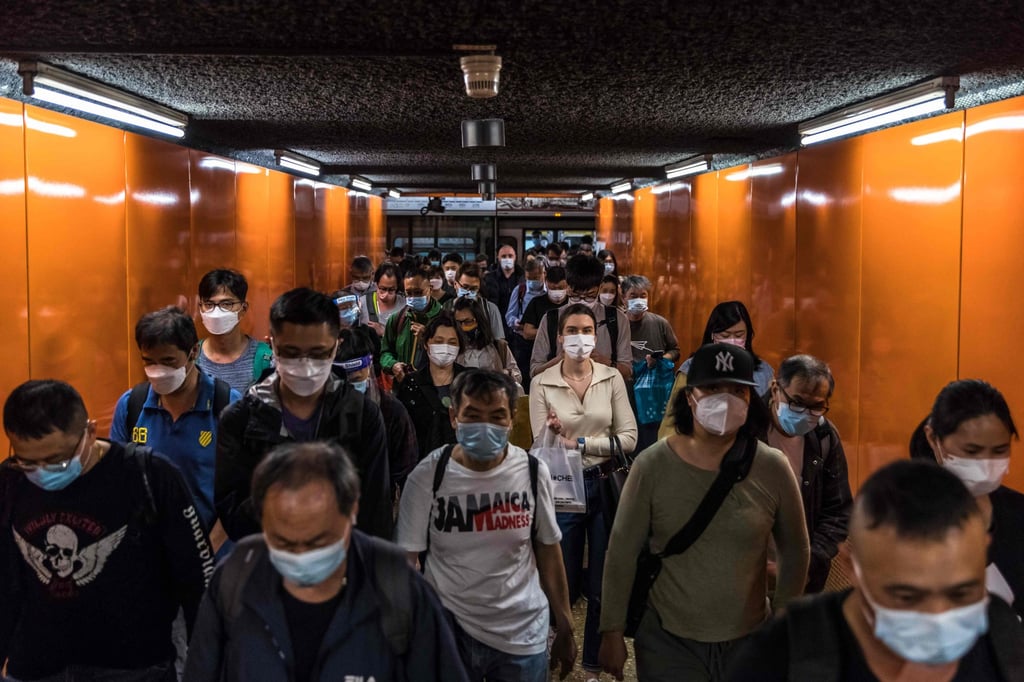Opinion | Hong Kong’s zero-Covid policy risks becoming a trap if no lessons are learned from this tragedy
- Authorities could have used last year to develop a road map for living with Covid-19 and prepare for an inevitable outbreak as new variants of the virus emerged
- They didn’t, and are unlikely to adopt a more anticipatory or sustainable approach any time soon – unless the mainland does so first

In the first year of the pandemic – before vaccines were widely available and when levels of natural immunity against Covid-19 were low or nonexistent – strict containment measures aimed at suppressing its spread were not only justified, they were the most prudent course of action.
Even if there was little chance of eliminating the virus, the arguments for its strict containment were valid: to protect the health care system from being overburdened, and to buy time for vaccines and/or better treatments to be developed.
In the first 15 months of the pandemic, the benefits to society of strict suppression, in terms of lives saved and severe illness avoided, outweighed the economic and social costs. The places that resorted to this policy – Australia, Hong Kong, New Zealand, Singapore, South Korea, and Taiwan – not only avoided large outbreaks, they also had far fewer excess deaths than those jurisdictions that were unable or unwilling to impose similar measures.

With the benefit of hindsight that comes after two years of Covid-19, there is little doubt about any of this. In fact, fewer people died in these zero-Covid jurisdictions throughout 2020 and much of 2021 than would have done if there was no pandemic – a phenomenon known as “negative excess deaths”.
From the middle of last year, however, the cost-benefit calculus for imposing such measures began to change – at least in developed countries that were well on their way to high levels of vaccination.
With highly vaccinated populations, the case for zero-Covid became much less compelling. First, the costs of measures such as lockdowns, mass testing, hospitalising all positive cases and quarantining close contacts increased considerably, as more transmissible variants made harsher, more prolonged enforcement necessary to achieve a given level of suppression.

